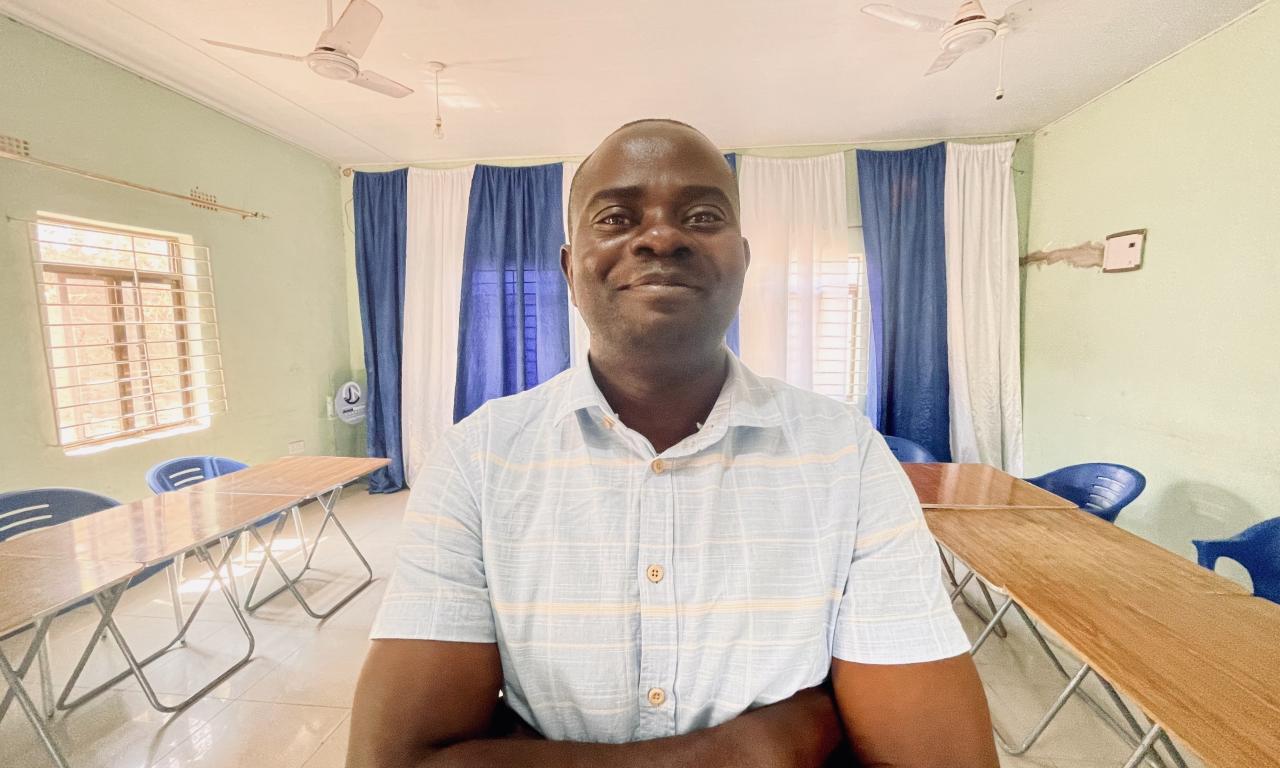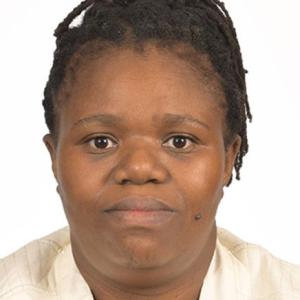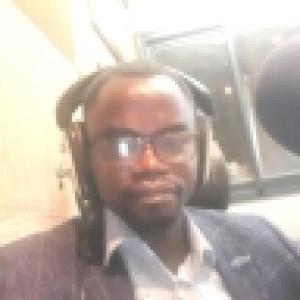
In 2003, with just 1,250 kwacha in hand, Cosmas Chachi began walking from house to house in northern Zambia selling clothes and household goods. It was tiring work for little money, but it was a start.
By 2004, he had saved enough to rent a small shop. It was modest but gave him a fixed place to trade, and people knew where to find him. Six years later, in 2010, he opened a larger store that he describes as his first supermarket. This became Triple Blessings, which gave the community a central place to buy essentials and Cosmas a foothold as a businessman.
His business expanded in a new direction when WorldFish researchers visited his district. Farmers were beginning to farm fish, but had no market for their harvests. WorldFish saw that Cosmas could provide this missing link and invited him into training sessions to build his understanding of aquaculture and market systems.
Cosmas recalls the time clearly:
“Farmers were learning to farm fish, but they asked, ‘where are we going to sell it?’. That’s when WorldFish approached me. They saw that my shop could be the link between fish farmers and customers.”
From Trading to Fish Farming
At first, he bought fish from farmers and sold them through the shop. Sometimes he went to farms and collected the fish himself, other times they brought it in. During this time WorldFish continued to involve him in workshops, demonstrations and exposure visits.
“I had no idea about fish farming before WorldFish,” he says. “They gave us training and I saw it was possible. That gave me the courage to start.”
By 2018 he decided to try production on his own. He dug his first pond. Today he has nine ponds, which he calls ‘demo’ ponds because they are close enough for people in the community to watch and learn. They have become places where neighbours see climate-smart aquaculture practices in action and learn how to apply them on their own farms.
“I deliberately built my ponds close to people so they can see and learn. When they watch a harvest and see the results, they get inspired to try it themselves.”

His ponds are stocked with an indigenous fish species locally known as Pale, also known as the green-headed tilapia (Oreochromis macrochir). It takes eight months or more to reach table size, but Cosmas says the flavour keeps customers coming back.
“The taste can never be compared with other species. At first people said the fish were too small, but once they tasted it, they asked when I would harvest again.”
Earlier this year, he harvested 750 kilograms of fish from his ponds, and the entire harvest sold out in a single day, with customers booking in advance through social media.
To prepare for larger harvests and to keep fish fresh for longer, Cosmas has recently invested in a cold-room. He sees it as another step toward building a reliable supply chain for his customers and reducing losses.
Building Resilience Through Integration
Northern Zambia’s aquaculture has been adversely affected by climate-related extreme weather events such as floods, rising temperatures and unpredictable rainfall patterns. Through the AICCRA Zambia project, WorldFish introduced integrated aquaculture agriculture (IAAS) for efficient land and water use, promoted on-farm diversification, and a way to reduce and spread risk.
IAAS promotes an integrated approach where wastes from one of the enterprises, (fish, crops and small livestock), can be used as inputs in another enterprise. The approach links fish, crops, and animals in a circular production system. The approach links fish, crops, and livestock so that each part supports the other, so that if one enterprise fails another can carry the household through, promoting resilience to the impacts of climate change.
Cosmas took up the approach. Alongside his fishponds, he now keeps goats and rabbits, and on land just outside town, he has planted pine and eucalyptus trees. The systems are connected. Manure from the animals fertilises the ponds, pond water is used to irrigate vegetables, sludge from the ponds is used to fertilize the garden after the fish are harvested, improving soil fertility, and the leftover stalks, leaves, and trimmings from the garden are fed back to the livestock. The plantation provides a long-term income stream while serving as a demonstration for others.
“They taught us not to depend on fish alone. If you lose fish to drought, livestock or crops can help you bounce back.”

What began as a small trading business has grown into Triple Blessings, which now employs more than thirty people across the shop, the ponds, the livestock and a lodge that has begun to welcome visitors.
Today, it is the largest supermarket selling farmed fish in Luwingu District, which has a population of 101,141 (51,087 female). An estimated 70% of the population source their fresh fish from Triple Blessings Supermarket.
Next to his shop, Cosmas has a small office where he says,“farmers meet buyers.” In his district, renowned for its high-quality beans, local bean farmers often don’t know who will buy their harvest, and buyers coming into town don’t know where to find the farmers. The new office is a meeting point where the two can connect. He also offers mobile money services there so that after selling, farmers can deposit their earnings straight away instead of keeping cash at home. In this way, he is extending access to services and market opportunities, which is to building resilient local food systems.

Showing the Way Forward
In the community, people have begun to look to Cosmas for direction. His ponds and fields draw visitors, and neighbours often model their own businesses on what they see him doing.
“They call me Mr Church because people come to see what I’m doing and they learn. When they see me take risks, they believe they can too.”
Building a sustainable business is never simple. WorldFish through AICCRA opened doors and shared knowledge, but the leap from a small start-up to a thriving enterprise came from Cosmas’s own drive and decisions. [KK2]
“Whatever I’m doing now is not from me. It comes from WorldFish. But the action, taking risks, investing, growing, that’s me.”
From 1,250 kwacha and door-to-door sales to a supermarket, fish ponds and integrated farming, Triple Blessings is now a source of jobs, a reliable market for farmers and an example of how climate-smart practices can take root in local businesses and help them thrive.
For more information on AICCRA click here


